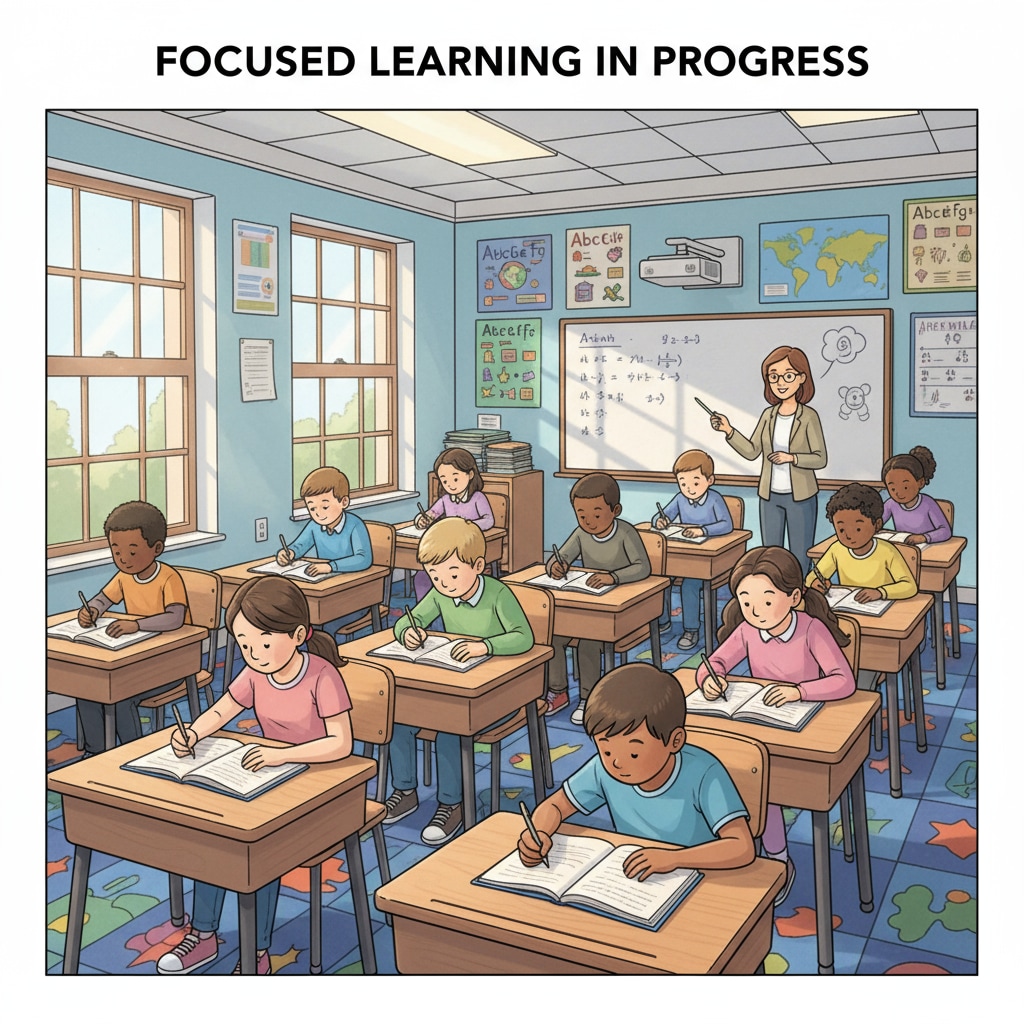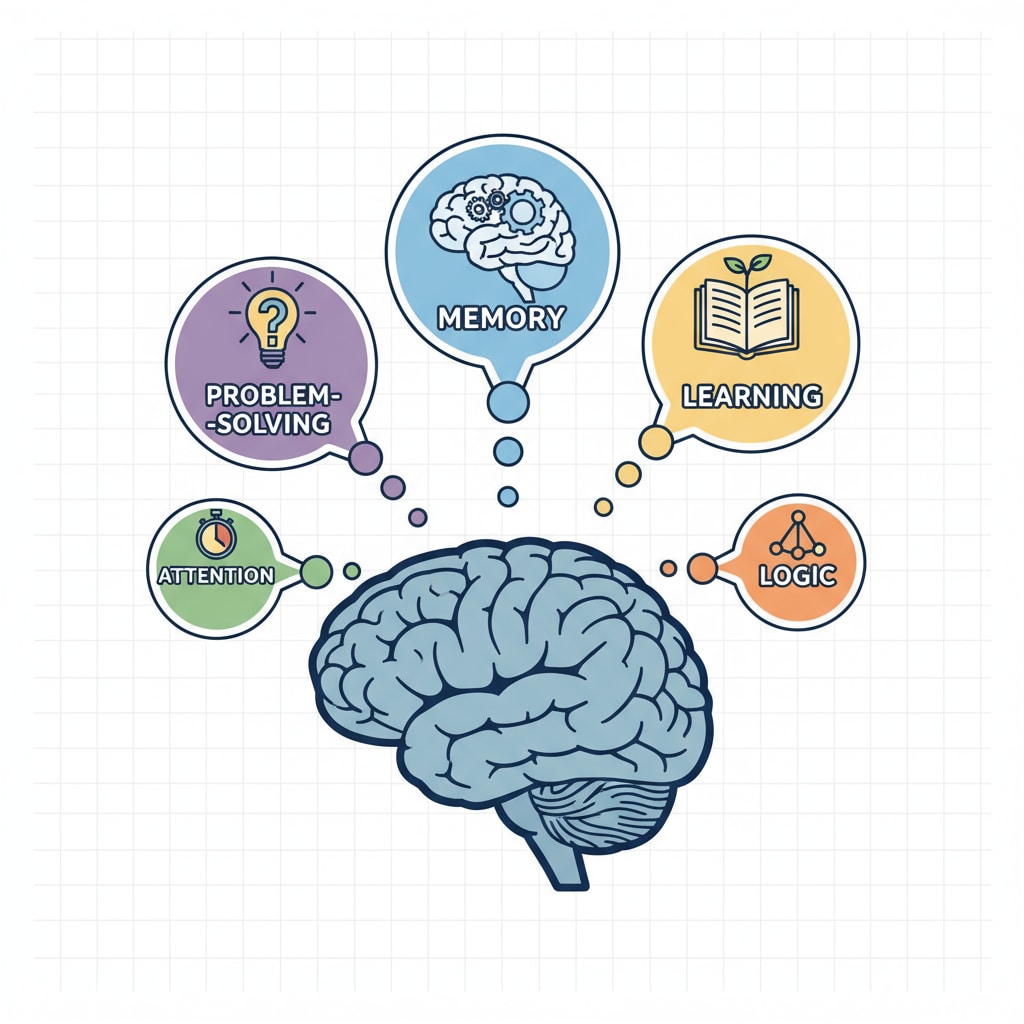In the digital age, thinking abilities, cognitive functions, concentration, and sleep quality among K12 students are under threat. The constant stream of digital distractions has led to a decline in students’ ability to focus deeply and think critically. Let’s explore the reasons behind this and practical ways to reverse the trend.

The Digital Distraction Dilemma
In today’s world, smartphones, tablets, and social media are ubiquitous in the lives of K12 students. These devices are a major source of distraction, pulling students’ attention away from their studies. For example, a student might be in the middle of solving a math problem when a notification pops up on their phone. As a result, their train of thought is broken, and it becomes difficult to regain focus. According to Common Sense Media’s research, teenagers spend a significant amount of time on digital platforms, which can have a detrimental impact on their concentration.
The Impact on Cognitive Functions
Constant exposure to digital distractions can harm cognitive functions. When students are unable to focus for extended periods, their ability to process information, store memories, and make connections is impaired. This affects their overall academic performance. For instance, they may struggle to understand complex concepts in science or literature. Moreover, lack of focus can lead to increased stress levels, further deteriorating cognitive health. As per a study published in the National Center for Biotechnology Information, there is a clear link between excessive screen time and cognitive decline in children.

Sleep Quality and Its Role
Sleep is crucial for maintaining good thinking abilities, cognitive functions, and concentration. K12 students who are constantly distracted by digital devices often have disrupted sleep patterns. Staying up late scrolling through social media or playing games reduces the amount of quality sleep they get. Without proper sleep, the brain cannot function at its best. As a result, students may feel tired and unfocused during the day, making it difficult to engage in deep thinking. Experts recommend that K12 students get 8 – 10 hours of sleep per night to support their cognitive development.
Strategies for Restoring Focus
- Set clear study goals: By defining what they want to achieve during a study session, students can stay more focused. For example, instead of just studying for an exam, they can set a goal to master a specific chapter.
- Create a distraction-free environment: This could mean turning off notifications on their devices, finding a quiet study space, and using tools like noise-canceling headphones.
- Practice mindfulness: Simple mindfulness exercises, such as deep breathing or short meditation sessions, can help students improve their concentration and reduce stress.
Readability guidance: We’ve used short paragraphs and lists to summarize key points. Each H2 section has a list to present information clearly. We’ve also controlled the passive语态 and long sentence ratios and added transition words throughout the article to enhance readability.


